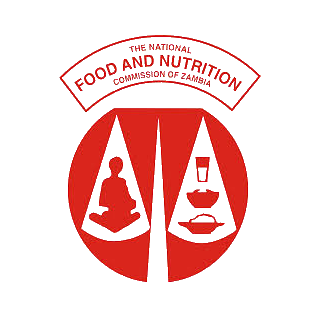A traditional leader in Kalabo district of Western province has thanked Government and its cooperating partners for putting their efforts together in drilling boreholes and installing five hand pumps in his chiefdom, saying water is not only life but also an essential nutrient.
Chief Mulepu of Ndoka sub-chiefdom says reliable access to safe domestic water is critical in the attainment of many nutrition-related activities such as growing and cooking diverse foods for good health.
He was speaking when members of the Communication and Advocacy Technical Working Group paid a courtesy call on him in Siwa village, Ndoka ward.
“Many communities in my chiefdom have been facing and continue to face challenges in terms of water availability and safety. This has mainly been due to climate change, contamination of water sources and lack of water infrastructure.
“In light of the several villages which have been provided with and now owning their first ever hand pumps, I wish to thank the Scaling Up Nutrition (SUN) movement through phase 2 of the 1st 1000 most critical days program (MCDP II) for mobilizing resources, rallying service providers and promoting access to safe domestic water to these needy communities,” he said.
The traditional leader attributed the drilling of boreholes and installation of hand pumps in the five communities namely Siwa, Ndongwele, Litata, Nalutala A, and Nalutala B villages to his subjects continued proactive action against open defecation.
“Open defecation is an underlying determinant of malnutrition, morbidity and mortality, especially among children, due to persistent intestinal infections which arise from faecal matter contaminating the environment and ultimately the shallow, dug-out wells when they are the main sources of domestic water.
“I’m happy to observe that most of the villages have overcome the various cultural norms and practices which have been perpetuating unhygienic behaviors such as open defecation and drawing of domestic water from shallow, dug-out wells,” he said.
Chief Mulepu has since implored his subjects to continue to promote improved water, sanitation and hygiene practices, including the erection of kitchen racks in the homesteads, disposal of garbage in rubbish pits as well as use of adequate latrines and hand washing facilities.
Kalabo Town Council, through Zambezi Drilling, has embarked on the drilling of boreholes and installation of 40 communal hand pumps in a bid to ease access to safe and clean water sources among needy communities.
Water and Sanitation Coordinator, John Sichinga recently disclosed that with support from UNICEF, National Food and Nutrition Commission, Save the Children International and other cooperating partners, under MCDP II, the intervention is part of the efforts to “attain sustainable achievement of global nutrition targets” as well as “fight against child stunting.”
According to the SUN LE 2019 baseline survey, only 16.5 percent of households in Kalabo district have access to basic drinking water services.
ENDS/ZANIS…



